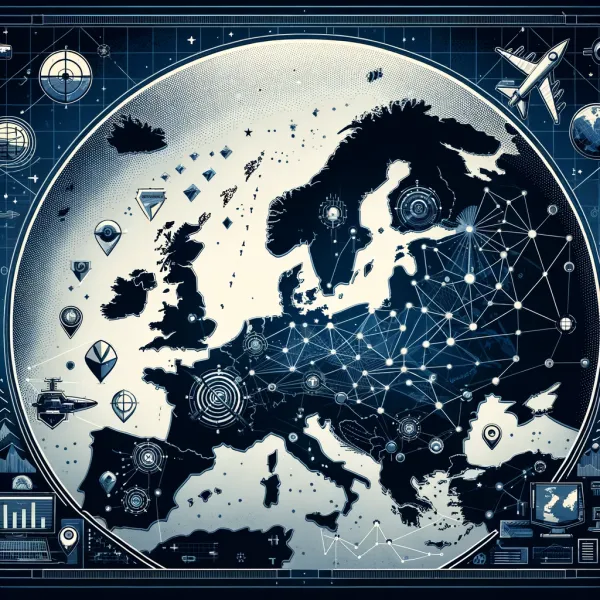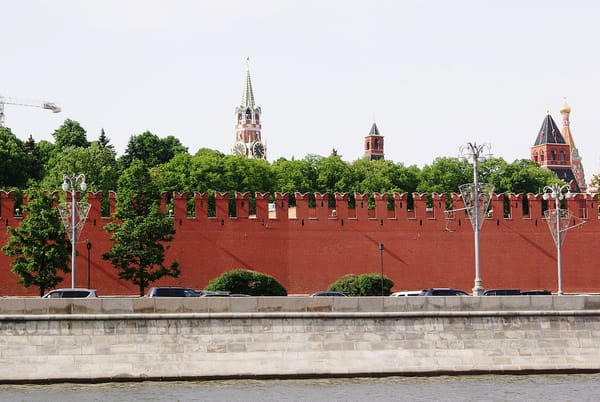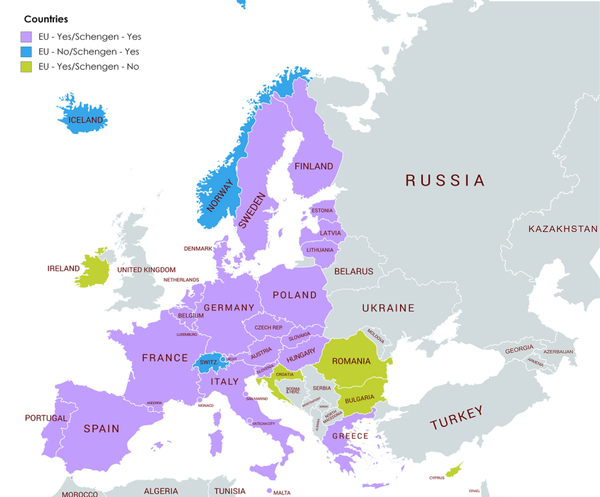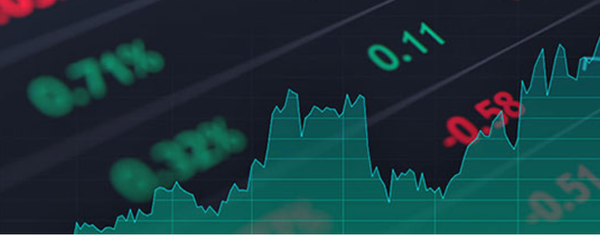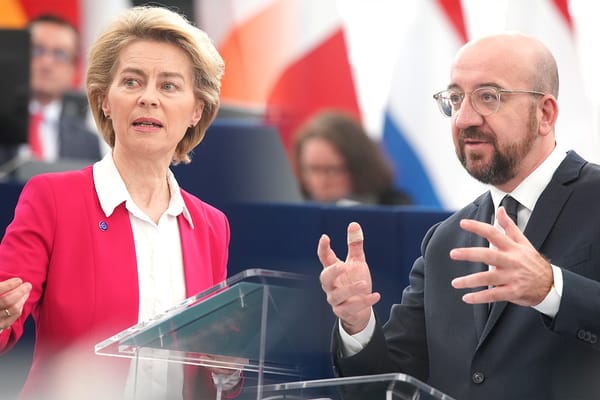
Europe, Russia play gas spike blame game
President Vladimir Putin brushed off accusations that Russian-state-owned Gazprom is responsible for soaring energy prices across Europe at an energy conference in Moscow this week.
European energy commissioner Kadri Simson says Gazprom has not boosted short-term supplies of natural gas that could bring down prices. Putin insists that Gazprom is a reliable gas supplier and the Nord Stream II pipeline will actually calm the overheated energy market.
Industry observers attribute skyrocketing gas prices in Europe to multiple factors, including post-lockdown surges in demand and depleted national reserves due to low temperatures last winter. Another contributing factor, according to experts, has been the European Union’s push towards “net zero” carbon emissions by 2050, with price spikes partly driven by the EU’s Emissions Trading System.
Some MEPs have nonetheless accused Russia – Europe’s biggest supplier of hydrocarbons – of manipulating the market to force approval from Germany and Brussels for the Nord Stream II pipeline, which will transit Russian-sourced gas to Europe. The European Commission has launched an investigation into possible “manipulative practices or abuses” on the part of natural gas producers and suppliers to Europe.
Commissioner Simson has not directly alleged market manipulation on the part of Russia, but says the situation has underlined the need for European energy autonomy. “We are not facing an energy price surge because of our climate policy or because renewables are expensive,” Simson argued. “We are facing it because the fossil fuel prices are spiking: we do not yet have the green affordable energy for everyone. We need to speed up the green transition, not slow it down,” Simson underlined.
Sources: Guardian, New York Times, EU Observer

